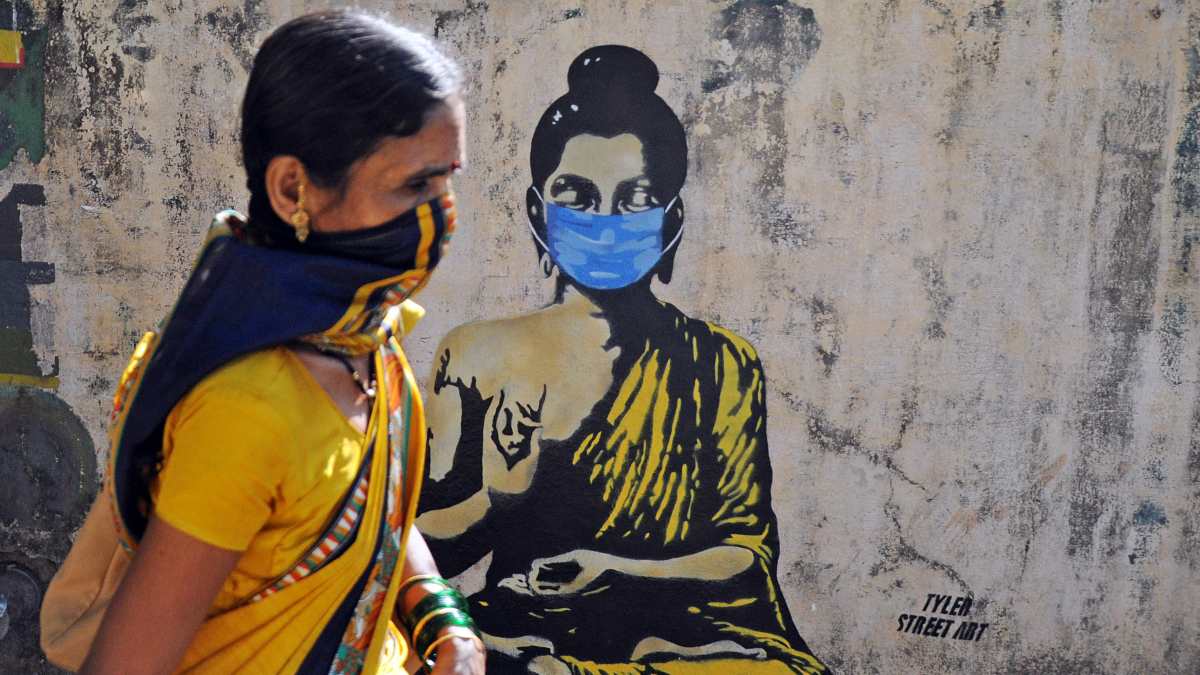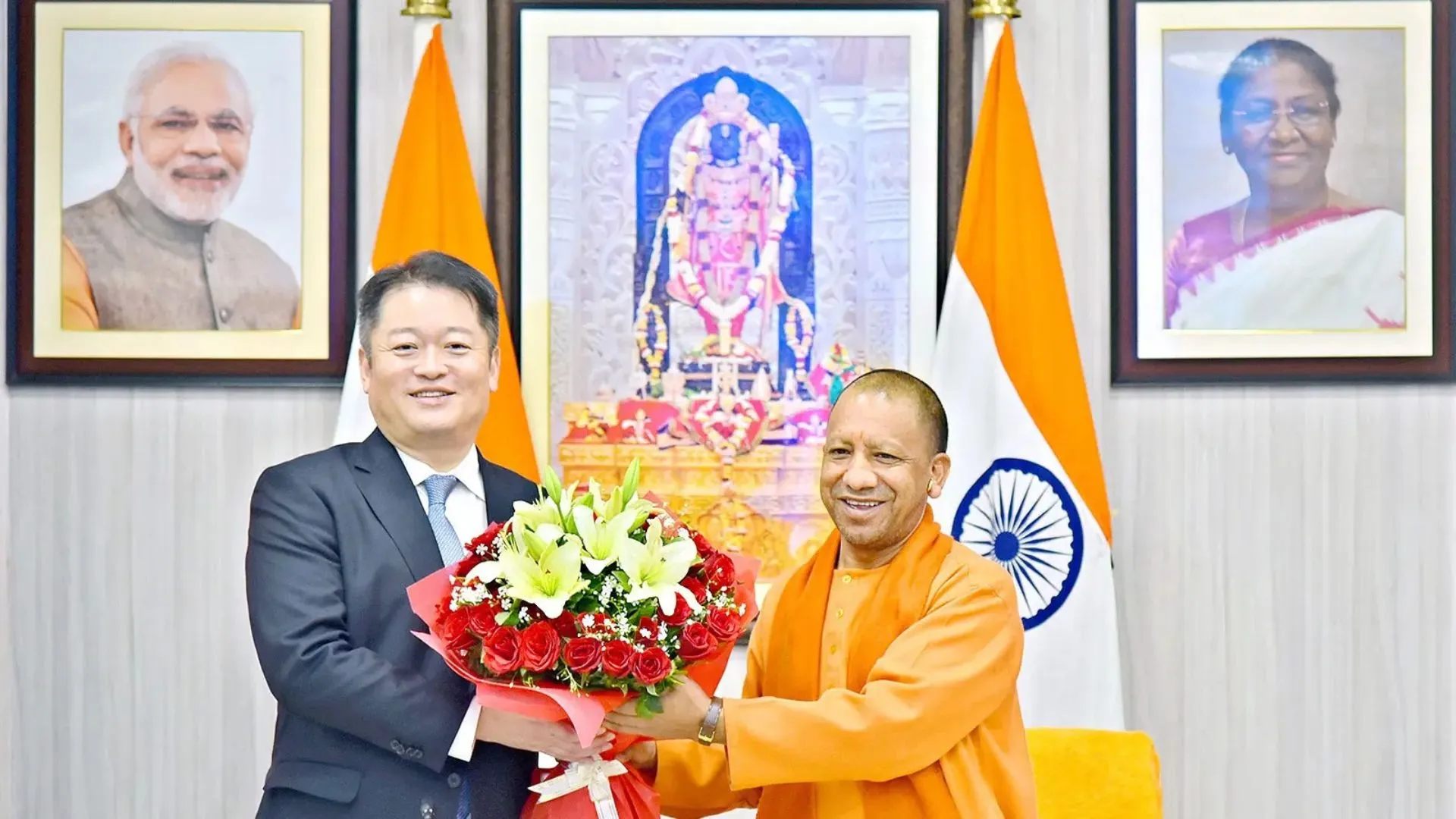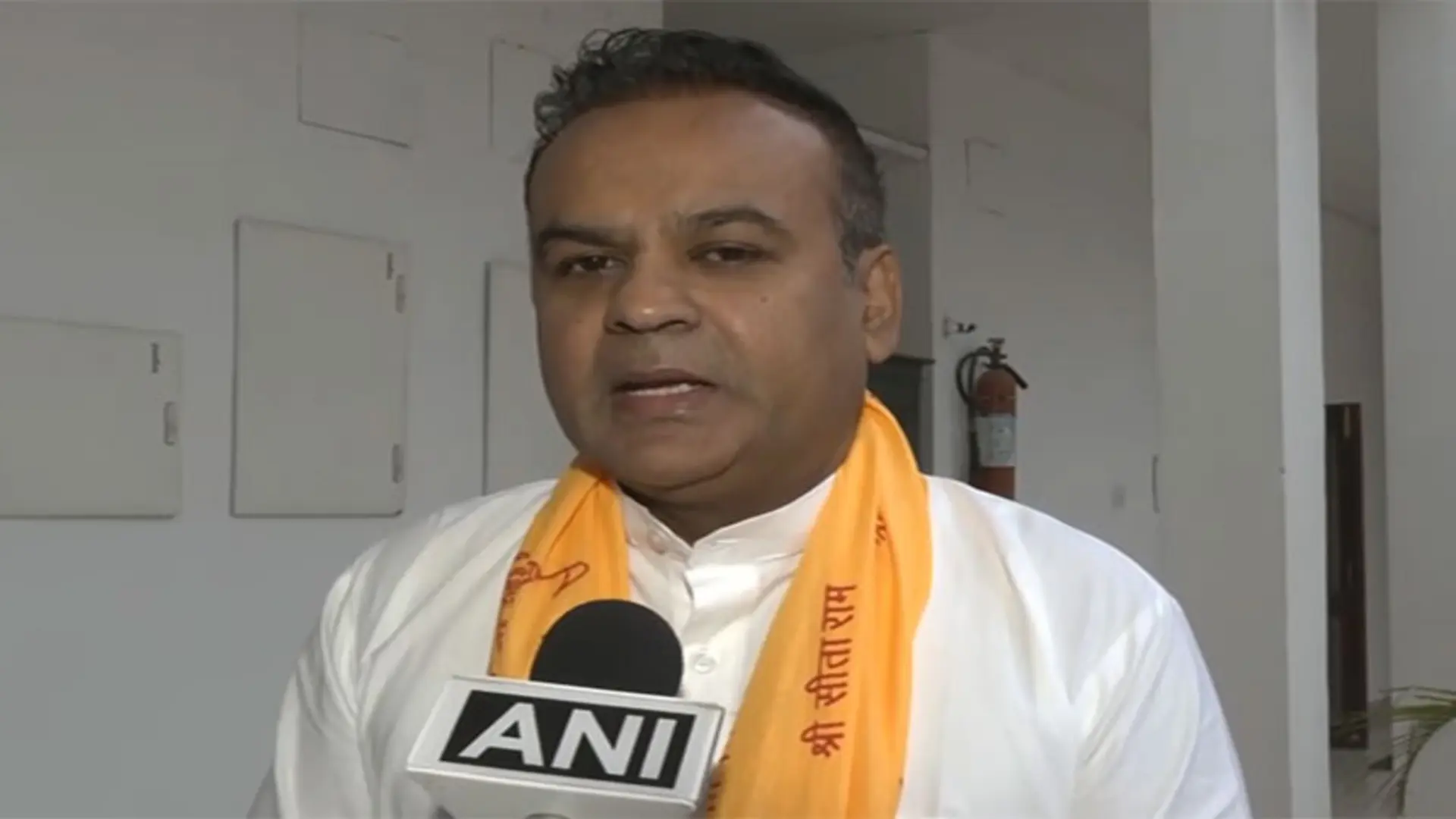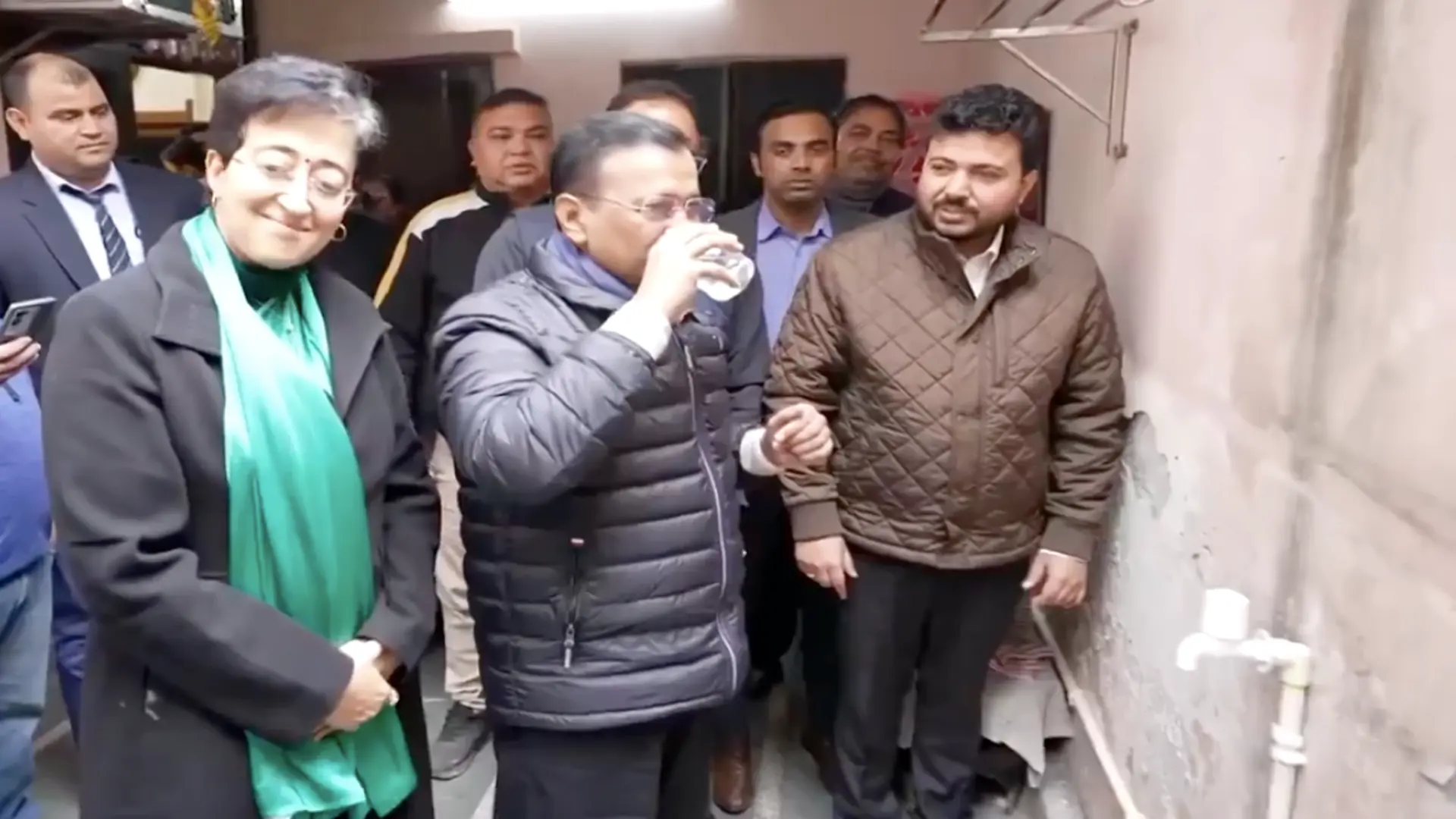Covid-19 has brought many public health issues to the table which certainly is positive learning from the pandemic. This is a wake-up call to take cognizance of our inadequacies in the health infrastructure and delivery mechanisms, the lack of community awareness and the absence of linkages between health, education and poverty levels. We have risen to the occasion and the country has seen large-scale indigenous manufacturing of ventilators, PPEs and other protective equipment to weather this storm. WASH (water, sanitation and hygiene) is being seen as the panacea to prevent the spread of the highly contagious coronavirus. This can be considered a watershed moment for public health in India. However, what has somehow not been at the heart of this discussion is the menstrual health of women in India. To date, there is no evidence of any direct impact of Covid-19 on the menstrual cycle, though it has been suggested that stress, anxiety and lack of proper nutrition can impact reproductive health.
As per UNICEF, an estimated 1.8 billion girls, women and gender non-binary persons in the world menstruate. The National Family Health Survey 2015-16 estimates the number of menstruating women in India to be about 336 million. Out of this, about 121 million (roughly 42 percent) women use sanitary napkins or other menstrual hygiene products. This means that even in normal times, women are deprived of good menstrual hygiene owing to cultural taboos, poverty, lack of awareness and inaccessibility of menstrual health products. These statistics can only worsen in crises like Covid-19. At Samarpann, when we started distributing ration and cooked meals to migrant workers and underprivileged people across India, we realised that a major issue women were grappling with was menstrual hygiene management. Due to the lockdown, the families had lost their sources of income from daily wages and the paltry savings which they had were utilised to purchase food and other things which ranked higher in priority than menstrual hygiene products. In the initial days, there was also the problem of the unavailability of menstrual products in the market because of depleting stocks fuelled by panic buying. The Karnataka and Telangana governments were among the first to include sanitary napkins on the list of essential goods.
Slums in Mumbai like Dharavi, with a population density of 2,77,136 people/ sq km, and others like Worli Kolivada, Deonar, etc, have shared water supply, toilets, bathing facilities and laundry sites and improper sewerage systems. In such a scenario, these high-density and poorly ventilated informal settlements not only pose the highest risk of the spread of the infection, it also makes it very difficult to maintain good menstrual hygiene.
At a time when all of us are indebted to doctors and healthcare workers for their selfless service, we must also be aware of the menstrual needs of women medical and healthcare workers. As per the UN, 70 percent of healthcare workers in the world are women. Apart from the tasks of delivering healthcare, these women face additional challenges in managing their menstrual hygiene in these tough times. The issue came up with news from China, where healthcare workers faced immense difficulties in putting on and removing PPEs for changing sanitary pads, leading them to bleed into the protective suits. This would only worsen in the scenario of hospitals having an inadequate number of PPEs. The media also reported how many healthcare workers had suppressed their menstrual cycles using oral contraceptive pills.
This is the time when specialists all over the world are pondering seriously on public health issues and our preparedness to face any crisis. It is imperative that such a critical component of public health, that is menstrual health, should necessarily be included in the policy-making and be addressed in all the solutions to be implemented on the ground.
Currently, there is an overwhelming need to provide WASH facilities in slums and other deficient areas as well as ensuring regular water supply and separate WASH facilities for girls and women. While reaching out to underprivileged families, the inclusion of menstrual products should be ensured while distributing food and other items.
The administration should also ensure the availability of menstrual hygiene products in hospitals and quarantine centres for healthcare workers and patients along with enough PPEs for the doctors and staff. WASH facilities should be female-friendly and disabled-friendly, along with provisions for the safe disposal of menstrual waste. The schedule of healthcare workers should also be designed in a way that they have adequate breaks and remain hydrated during their working hours.
In times of scarcity, it is important to encourage several women self-help groups which are manufacturing low-cost sanitary napkins. There is also a need to encourage innovation in the menstrual hygiene space, with several start-ups already coming forward with ideas for reusable sanitary napkins which are cost-effective and environment-friendly. Samarpann has taken one such endeavour of supporting an SHG of 11 women in Changlang, Arunachal Pradesh, where we have undertaken the capacity augmentation of a reusable sanitary pad manufacturing unit. We are also buying back these pads and, in the first phase, distributing them to 500 women in remote villages in Arunachal Pradesh on the VHNDs (Village Health and Nutrition Days). Through this initiative, we are ensuring the livelihood of women in the aftermath of the lockdown and, at the same time, increasing the accessibility to environment-friendly menstrual hygiene products which will take care of their menstrual needs for a year. The reusable sanitary pads will also prevent plastic pollution by keeping close to 36,000 sanitary pads from entering landfills, thus, mitigating environmental and health risks.
This crisis can be turned into an opportunity where we bring neglected areas into the mainstream of the public health realm. We need to develop gender-sensitive policies and strategies and ensure the effective implementation of the same at the ground level. The response should also factor in the diversity of women in different communities which may have different education and awareness levels. When the world grapples with one of the biggest challenges facing humanity, our resolve must be that such a crisis should not deepen the already existing gender inequities.
Dr Ruma Bhargava is the founder of Samarpann. Dr Megha Bhargava is Deputy Commissioner, Income Tax, Mumbai. The views expressed are personal.











